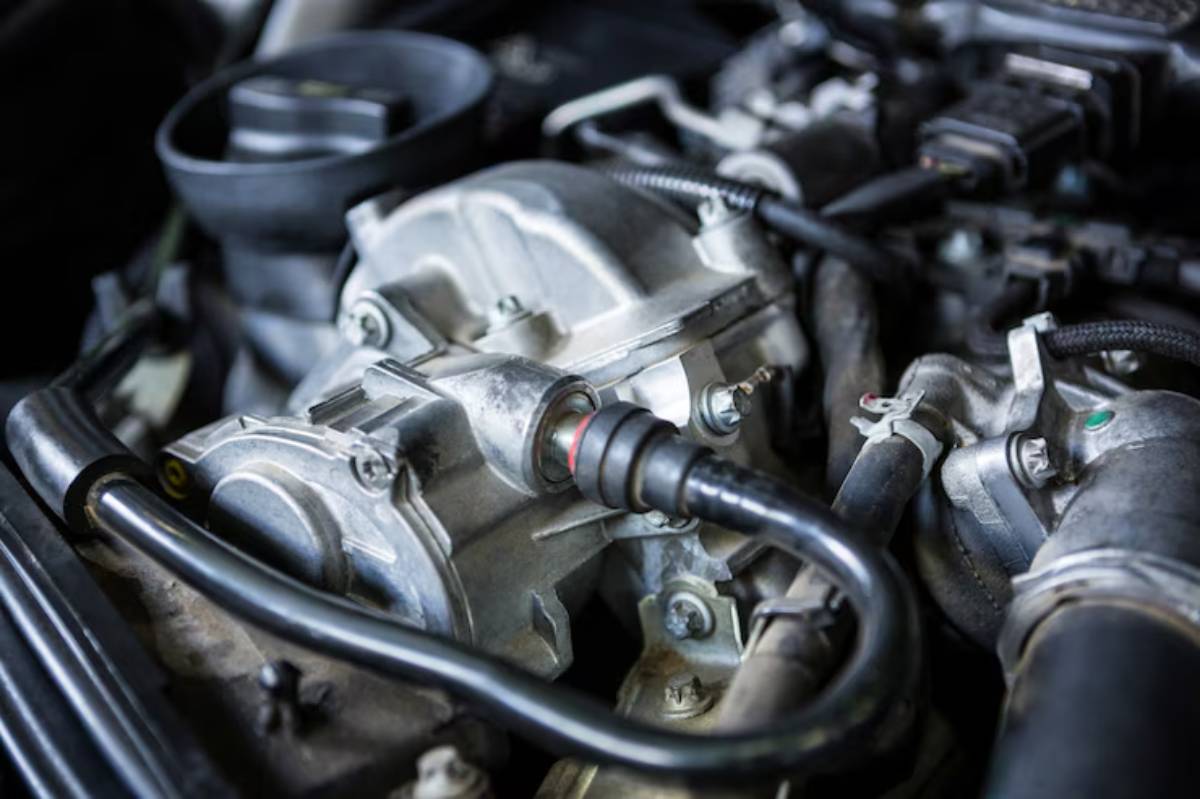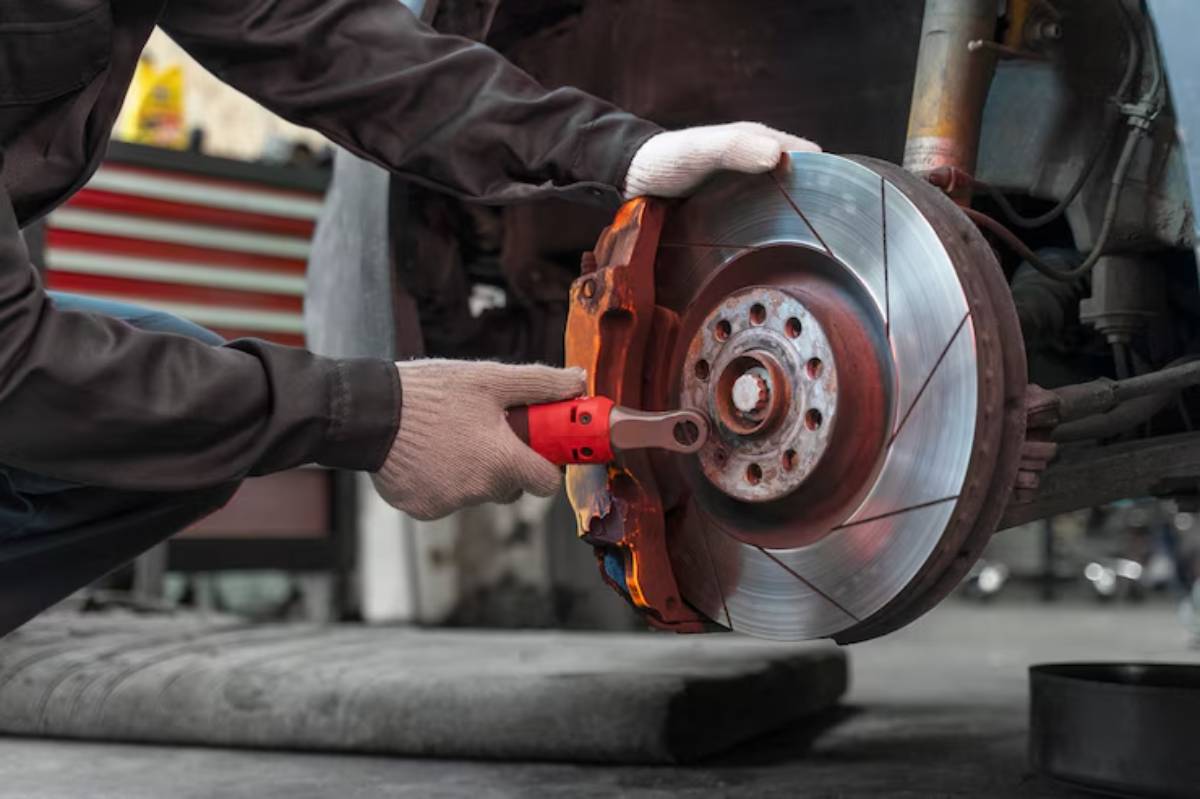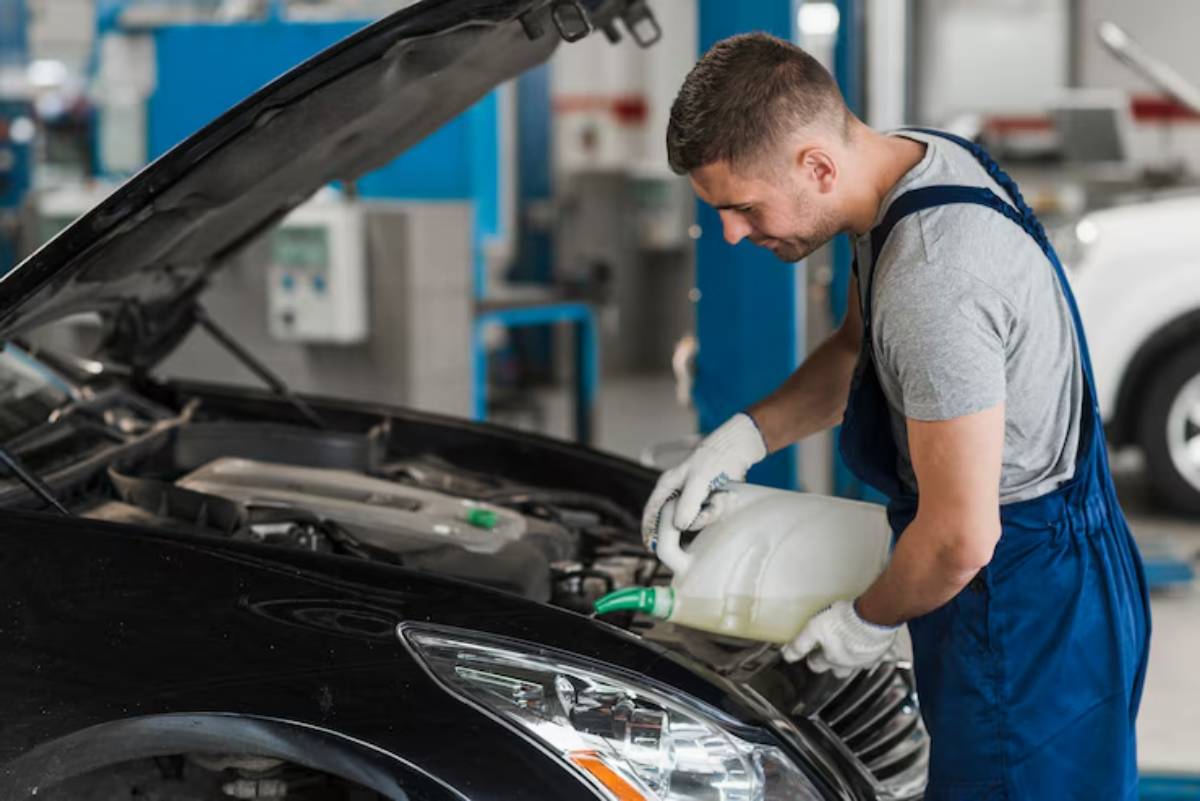
How Often Should You Service a Hybrid Engine?
Hybrid cars are known for their fuel efficiency, quiet performance, and eco-friendly credentials. But while they may seem like lower-maintenance machines compared to their petrol counterparts, they still require regular attention, especially the engine.
You might be wondering: How often should you service a hybrid engine? Is it the same as a traditional car? Or can you stretch it out because you’re using the engine less?
In this guide, we’ll explain the ideal hybrid service intervals, explain what a hybrid car maintenance schedule should look like, and help you understand the impact of regular care on your vehicle’s engine maintenance frequency. You’ll also gain real-world advice and pointers on keeping your hybrid running smoothly for the long haul.
Understanding What Makes Hybrid Maintenance Unique
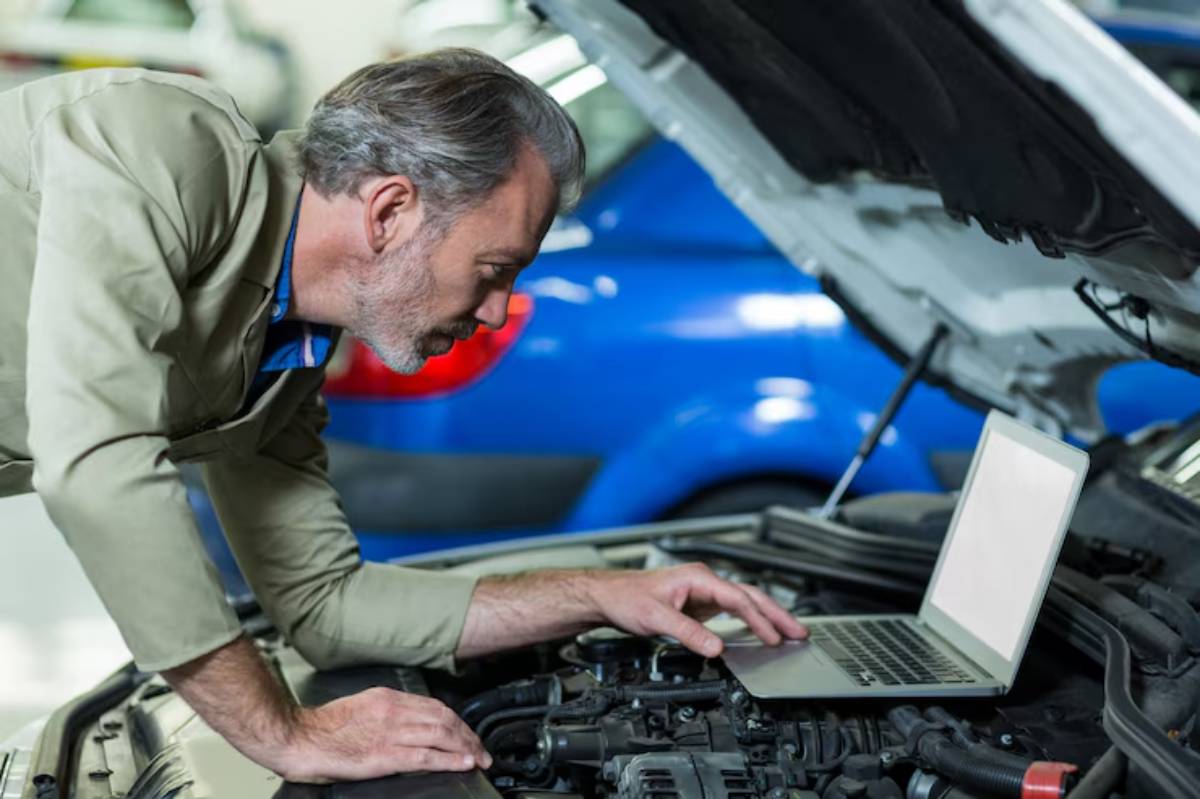
Hybrid engines cleverly combine combustion and electric power. This dual powertrain setup introduces new servicing requirements while reducing wear in some areas.
Why Maintenance Frequency Matters in Hybrids
- Less engine wear: Because the engine doesn’t run constantly, you may experience fewer oil changes.
- Complex systems: Inverters, battery cooling, and regenerative braking systems require checks that traditional cars don’t need.
- Cost savings: Servicing on time avoids expensive repairs from overlooked issues.
Unlike petrol-only cars, your hybrid engine shares the load with the electric motor, which can reduce engine strain — but only if the system is well maintained.
Recommended Hybrid Service Intervals
How often should you service your hybrid engine? The answer depends on several factors: your manufacturer’s guidelines, how you drive, and environmental conditions.
Manufacturer-Recommended Schedule
Most hybrid car manufacturers recommend:
- Minor service: Every 10,000 to 15,000 km or 6–12 months
- Major service: Every 30,000 to 50,000 km or every 2–3 years
Refer to your car’s handbook for the most accurate schedule, as it can vary significantly between models (e.g., Toyota Prius vs. Hyundai Ioniq).
What Happens at Each Service?
Minor (Routine) Hybrid Service Includes:
- Oil and oil filter change
- Cabin air filter check
- Brake inspection
- Coolant level check
- Visual inspection of battery cooling vents
Major Hybrid Service Includes:
- Spark plug replacement
- Transmission fluid check
- High-voltage battery inspection
- Software updates
- Full hybrid system diagnostic scan
Pro Tip: Don’t ignore the battery just because it’s not leaking or making noise. High-voltage batteries degrade over time and need periodic diagnostics.
Factors That Influence Engine Maintenance Frequency
Not all hybrids — or drivers — are the same. Your engine’s servicing needs may vary depending on:
1. Driving Habits
- Stop-and-go traffic in urban areas may mean your hybrid relies more on its battery, reducing engine wear.
- Long-distance motorway driving leans more on the engine, meaning more frequent servicing.
2. Climate and Terrain
- Cold weather can stress hybrid batteries and force the engine to run more.
- Hilly or mountainous terrain increases the load on both the engine and regenerative systems.
3. Load and Usage
- Frequent towing or carrying heavy loads means higher wear and tear.
- Using your car for ride-sharing or delivery? That demands more frequent checks.
What Happens If You Delay Hybrid Engine Servicing?
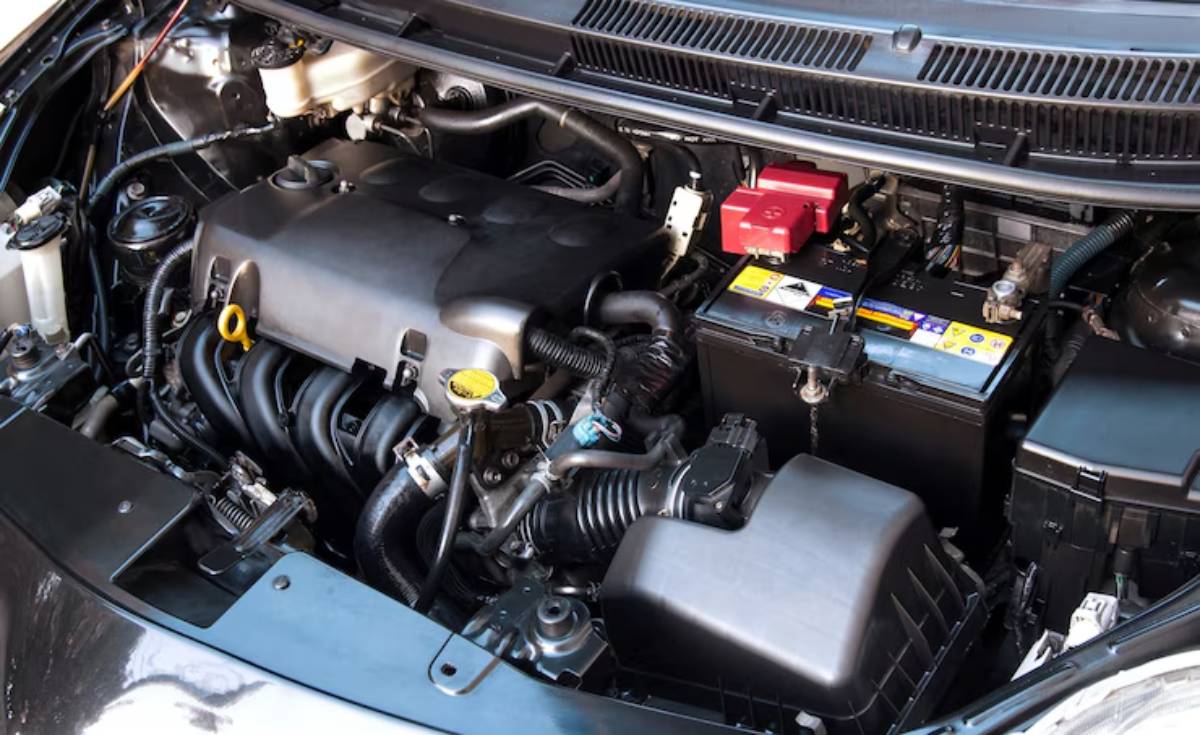
Skipping or postponing service might seem harmless at first — after all, your car still runs. But it’s a risky gamble.
Potential Consequences of Missed Maintenance:
- Reduced fuel efficiency — A dirty air filter or degraded spark plug forces your engine to work harder.
- Battery system strain — Neglected cooling systems can cause batteries to overheat.
- ECU issues — Delayed software updates may cause erratic engine and electric motor syncing.
Case in Point:
Alex, a hybrid owner in Manchester, delayed his annual service by 8 months. His car began jerking at traffic lights. Diagnostics revealed outdated software and a partially clogged inverter coolant line — both would’ve been flagged in a routine service.
Hybrid Engine Service Schedule by Mileage and Time
Below is a general reference you can follow if you don’t have your manufacturer’s manual handy:
| Mileage (km) | Timeframe | Service Type | Key Checks |
| 10,000–15,000 | Every 6–12 months | Minor Service | Oil, brakes, filters, visual hybrid system check |
| 30,000 | Every 2 years | Major Service | Spark plugs, coolant, hybrid battery diagnostics |
| 50,000–60,000 | Every 3–4 years | Full System Service | Transmission fluid, hybrid software update, alignment |
This isn’t a one-size-fits-all chart, but it gives you a solid reference point.
Signs Your Hybrid Might Be Overdue for a Service
Even if you’re not tracking mileage, your car might give you hints it needs attention.
Watch Out For:
- Reduced fuel economy
- Engine noise or knocking
- Warning lights on your dashboard
- Reduced power or erratic driving
- Battery charge holding inconsistently
These are classic engine maintenance frequency red flags. You’ll find more details in Signs Your Hybrid Engine Needs Immediate Attention.
How to Keep Track of Your Hybrid Car Service Schedule
Digital Tools and Logs
Many hybrids today come with in-built service reminders, or you can use apps like:
- Car Minder
- AUTOsist
- myCARFAX (for hybrid-friendly tracking)
Keep a log of:
- Service dates
- What was replaced or checked
- Workshop used
Benefits of Staying on Schedule
- Improved resale value
- Longer battery and engine lifespan
- Lower running costs
- Peace of mind during long journeys
Who Should Service Your Hybrid? DIY vs Professional
Some hybrid owners enjoy light DIY maintenance—checking tyre pressure or topping off washer fluid is fine. But when it comes to your hybrid engine, stick to the pros.
Why Professional Servicing Matters:
- Safety: High-voltage systems can be dangerous without proper tools.
- Expertise: Certified hybrid mechanics know what early warning signs to look for.
- Tools: Special diagnostic scanners are required for hybrid-specific issues.
Want to learn more about your maintenance options? Check out DIY vs Pro Maintenance: What’s Best for Hybrids?.
Conclusion: Your Hybrid Deserves Timely Care
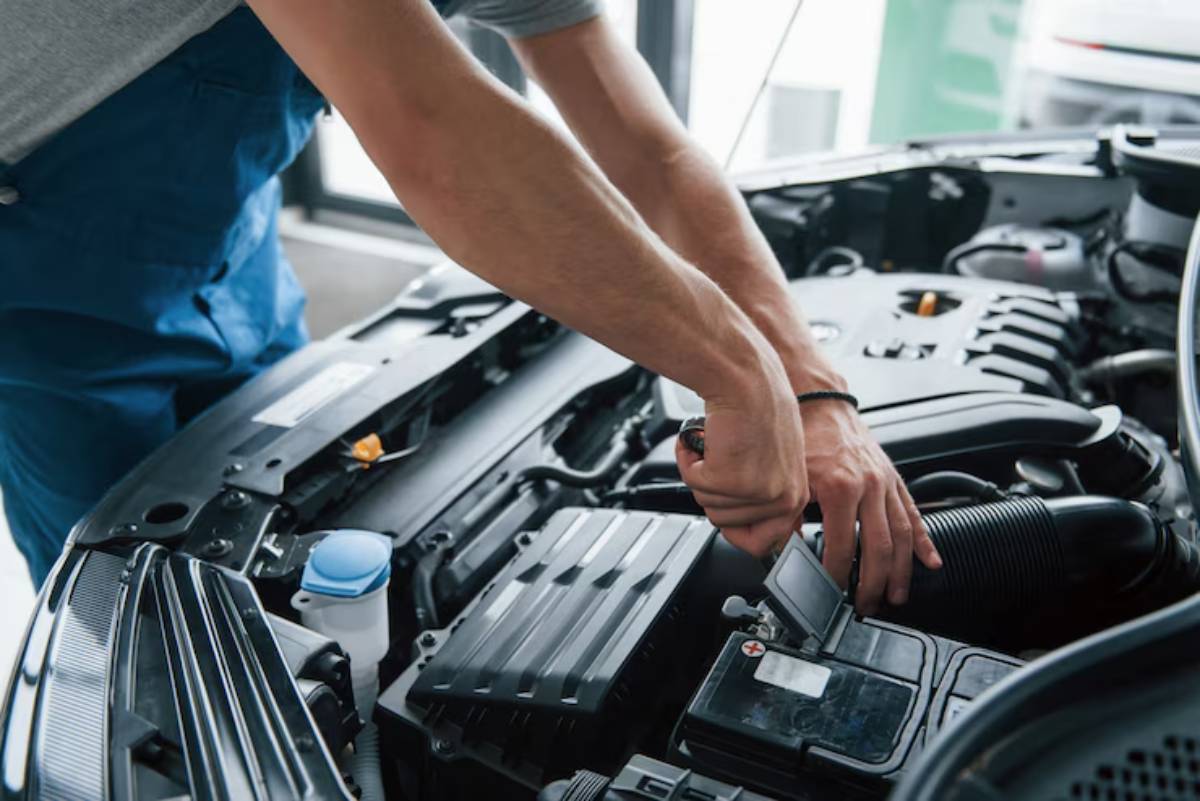
Just because a hybrid seems low-maintenance doesn’t mean it’s no-maintenance. Keeping your engine — and by extension, your entire car — in peak condition hinges on following the right hybrid service intervals and adhering to your car’s hybrid schedule.
Routine servicing helps you catch small issues before they turn into wallet-draining problems. It also preserves your fuel efficiency, extends your car’s lifespan, and protects your investment.
So, don’t wait for a dashboard warning light or that tell-tale engine rattle. Schedule your next hybrid service today — and drive with confidence, knowing you’re giving your car the care it deserves.
